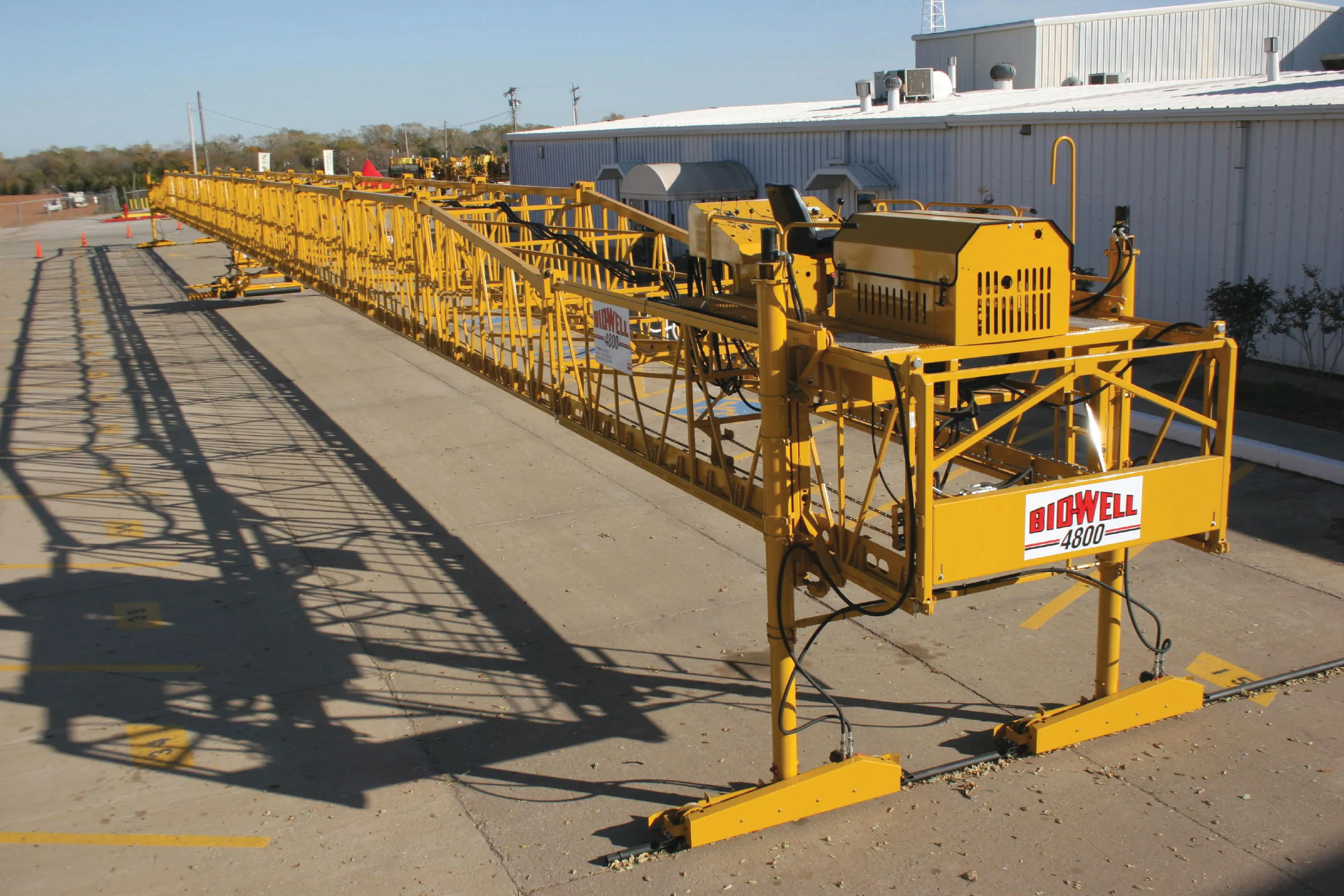A debate is now underway regarding the fate of the existing Forth Road Bridge in the Scottish capital Edinburgh.
A new Forth Replacement Bridge is being planned at a cost of some €2.64 billion and once this opens, it will carry heavy vehicles, which will not be allowed over the current bridge. Excessive loading and corrosion have taken their toll on the current bridge, although measures to halt the cable corrosion in this suspension bridge have now
been taken.
May 14, 2012
Read time: 2 mins
A debate is now underway regarding the fate of the existing Forth Road Bridge in the Scottish capital Edinburgh.
A new Forth Replacement Bridge is being planned at a cost of some €2.64 billion and once this opens, it will carry heavy vehicles, which will not be allowed over the current bridge. Excessive loading and corrosion have taken their toll on the current bridge, although measures to halt the cable corrosion in this suspension bridge have now
been taken.
When the new link opens, there are proposals to turn the existing bridge into a pedestrian and cycleway only, although there are questions over the high maintenance costs for such use.
Overall though, the fate of the Forth Road Bridge provides a case in point for all older bridges around the world. The existing bridge was designed in the 1950s and built to high engineering standards, opening to traffic in 1964. However the bridge now has to cope with considerably higher volumes of traffic than it was designed for. In addition, the maximum GVW of trucks using the bridge has more than doubled since the link was opened.
A new Forth Replacement Bridge is being planned at a cost of some €2.64 billion and once this opens, it will carry heavy vehicles, which will not be allowed over the current bridge. Excessive loading and corrosion have taken their toll on the current bridge, although measures to halt the cable corrosion in this suspension bridge have now
been taken.
When the new link opens, there are proposals to turn the existing bridge into a pedestrian and cycleway only, although there are questions over the high maintenance costs for such use.
Overall though, the fate of the Forth Road Bridge provides a case in point for all older bridges around the world. The existing bridge was designed in the 1950s and built to high engineering standards, opening to traffic in 1964. However the bridge now has to cope with considerably higher volumes of traffic than it was designed for. In addition, the maximum GVW of trucks using the bridge has more than doubled since the link was opened.









